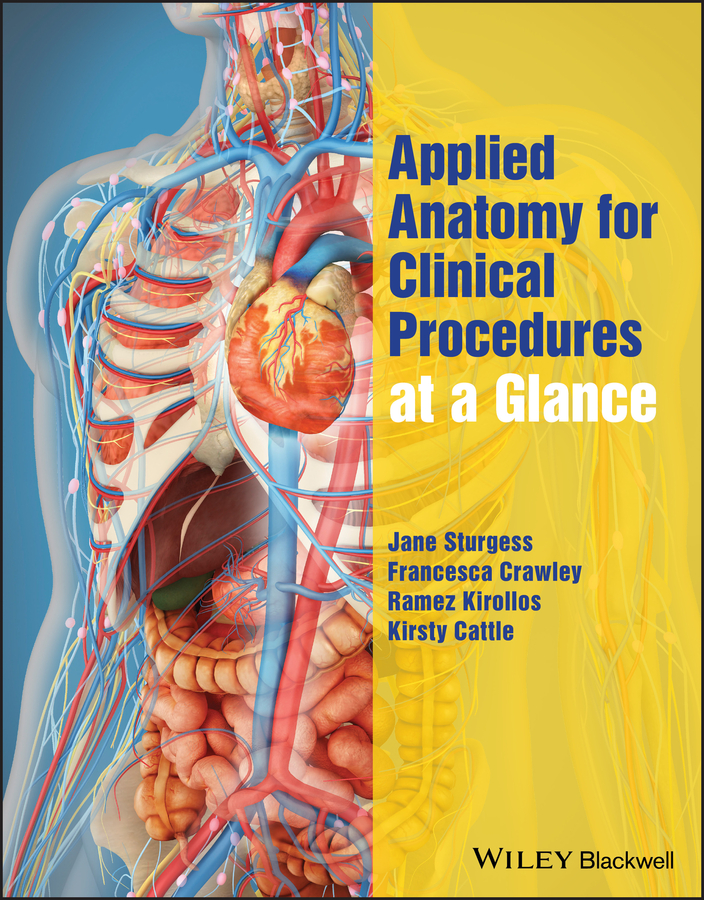1. Expertise in surgical neuro-oncology. Results of a survey by the EANS neuro-oncology section
- Author
-
K. Gousias, A. Hoyer, L.A. Mazurczyk, J. Bartek, Jr., M. Bruneau, E. Celtikci, N. Foroglou, C. Freyschlag, R. Grossman, C. Jungk, P. Metellus, D. Netuka, R. Rola, P. Schucht, C. Senft, F. Signorelli, A.J.P.E. Vincent, M. Simon, Rachit Agrawal, Luigi Albano, George A. Alexiou, Amanj Ali, Rafid Al-Mahfoudh, Michael Amoo, Christos Anagnostopoulos, Sven Bamps, Soham Bandyopadhyay, Damiano G. Barone, Fabio Barone, Sami Barrit, Felix Behling, Alin Blaga, Alexandros Boukas, Paul Brennan, Vicki M. Butenschoen, Mauro Campello, Areda Cara, Salvatore Chibbaro, Robert Chrenko, Pere J. Cifre Serra, Hans Clusmann, Alba Corell, Jan F. Cornelius, Marcello D'Andrea, Andreas K. Demetriades, Steven De Vleeschouwer, Richard Drexler, Johnny Duerinck, Ruben V. Fanarjyan, Alejandro Fernandez-Coello, Kostas Fountas, Thomas M. Freiman, Vadim Gadzhiagaev, Miltiadis Georgiopoulos, Nathalie Gilis, Jagos Golubovic, Eric Goulin Lippi Fernandes, Giovanni Grasso, Francesco Guerrini, Beste Gulsuna, Ciaran S. Hill, Julius Höhne, Markus Holling, Ievgenii Iarmoliuk, Florian Ioan-Alexandru, Tamara Ius, Kestutis Jacikevicius, Asgeir S. Jakola, Paweł Jakubowski, Georgios Kalantzis, Konstantina Karabatsou, Ramez Kirollos, Ralph König, Danil A. Kozyrev, Dietmar Krex, Barbara Ladisich, Ruth Lau, Yauhen Lizunou, Arnaud Lombard, Hu Liang Low, José Luís Alves, Yazid Maghrabi, Marco Mammi, Ala Marji, Luca Massimi, Ioannis Mavridis, Aaron Lawson McLean, Anna C. Lawson McLean, Bernhard Meyer, Malte Mohme, Pedro Moura Branco, Michael Müther, Issam Musleh, Danial Nasiri, Ramon Navarro, Ibrahim Omerhodzic, Marvin Darkwah Oppong, Nikolaos A. Paidakakos, Zoi Pantera, Mohammed A. Patel, Mateusz Pawlowski, Athanasios Petridis, Adrian J. Praeger, Stephen Price, Franz Ricklefs, Luigi Rigante, Florian Ringel, Pierre A. Robe, Karl Rössler, Eduarda Sá-Marta, Jose L. Sanmillan, Alba Scerrati, Matthias Schneider, Henry W.S. Schroeder, Michael Schwake, Mohamed Shoaib, Octavian Mihai Sirbu, Iñigo L. Sistiaga, Tomasz J. Skajster, Albertas Sliauzys, Vitaly Sokotukhin, Jehuda Soleman, Veit M. Stoecklein, Eric Suero Molina, Wojciech Świątnicki, Νikolaos Syrmos, Graziano Taddei, Avin Taher, Martin Tamarit, Mark ter Laan, Theocharis Theocharous, Dieter Thijs, Leonidas Trakolis, Monica Truffelli, Miriam Weiss, Eberhard Uhl, Laura Grazia Valentini, Dimitri Vanhauwaert, Bassel Zebian, Bojana Zivkovic, and Matteo Zoli
- Subjects
Expertise ,Surgical neuro-oncology ,EANS ,CNS tumors ,Neurology. Diseases of the nervous system ,RC346-429 - Abstract
Introduction: Technical advances and the increasing role of interdisciplinary decision-making may warrant formal definitions of expertise in surgical neuro-oncology. Research question: The EANS Neuro-oncology Section felt that a survey detailing the European neurosurgical perspective on the concept of expertise in surgical neuro-oncology might be helpful. Material and methods: The EANS Neuro-oncology Section panel developed an online survey asking questions regarding criteria for expertise in neuro-oncological surgery and sent it to all individual EANS members. Results: Our questionnaire was completed by 251 respondents (consultants: 80.1%) from 42 countries. 67.7% would accept a lifetime caseload of >200 cases and 86.7% an annual caseload of >50 as evidence of neuro-oncological surgical expertise. A majority felt that surgeons who do not treat children (56.2%), do not have experience with spinal fusion (78.1%) or peripheral nerve tumors (71.7%) may still be considered experts. Majorities believed that expertise requires the use of skull-base approaches (85.8%), intraoperative monitoring (83.4%), awake craniotomies (77.3%), and neuro-endoscopy (75.5%) as well as continuing education of at least 1/year (100.0%), a research background (80.0%) and teaching activities (78.7%), and formal interdisciplinary collaborations (e.g., tumor board: 93.0%). Academic vs. non-academic affiliation, career position, years of neurosurgical experience, country of practice, and primary clinical interest had a minor influence on the respondents’ opinions. Discussion and conclusion: Opinions among neurosurgeons regarding the characteristics and features of expertise in neuro-oncology vary surprisingly little. Large majorities favoring certain thresholds and qualitative criteria suggest a consensus definition might be possible.
- Published
- 2024
- Full Text
- View/download PDF
